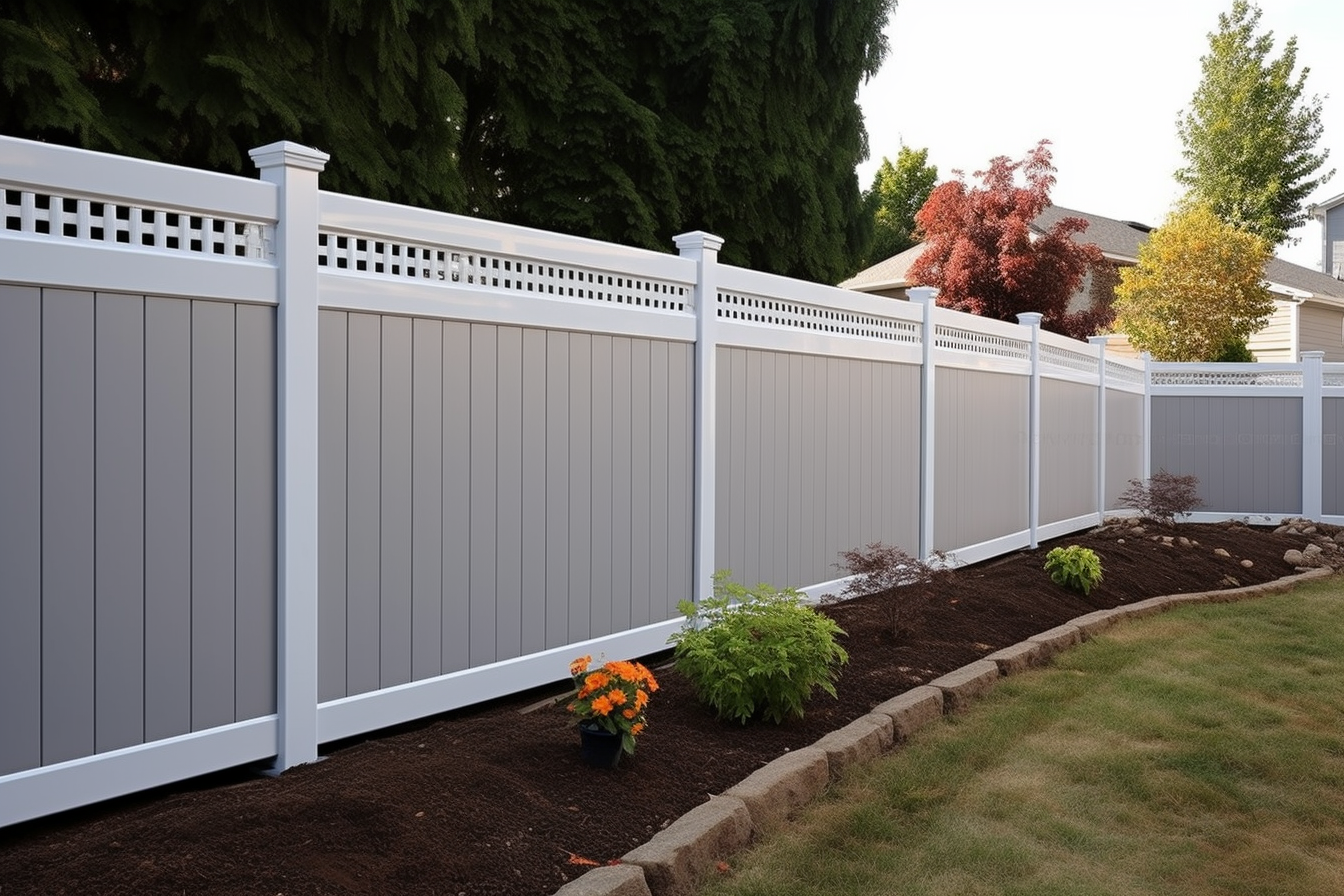Lawn Care for Seniors: How Outdoor Maintenance Can Be More Manageable
Many seniors explore lawn care options to maintain a pleasant outdoor space without feeling overwhelmed. There are ways to keep yards neat that focus on simplicity, safety, and regular routines. Learn how some seniors approach lawn maintenance and discover tips to make the process more manageable. Learn more inside.

What Makes Lawn Care for Seniors Different?
Lawn care for seniors requires special consideration for physical limitations, safety concerns, and energy conservation. As we age, activities that once felt effortless may require modified approaches. Heavy lifting, prolonged bending, and extended periods in direct sunlight can become challenging. However, this doesn’t mean giving up on a well-maintained yard. Simple adjustments like using lightweight tools, taking frequent breaks, and scheduling work during cooler parts of the day can make all the difference. Ergonomic tools with extended handles reduce strain on backs and knees, while wheeled carts eliminate the need for carrying heavy bags of soil or mulch.
Practical Gardening Tips for Older Adults
Gardening tips for older adults focus on working smarter, not harder. Raised garden beds eliminate the need for ground-level kneeling and bending, making planting and weeding more comfortable. Container gardening offers another excellent alternative, allowing for better control over soil quality and easier maintenance. Choosing native plants that naturally thrive in the local climate requires less intervention, reducing watering, fertilizing, and pest control needs. Mulching around plants and garden beds helps retain moisture, suppress weeds, and reduce maintenance frequency. Installing drip irrigation systems or soaker hoses can automate watering tasks, ensuring plants receive consistent moisture without daily manual watering.
Simple Strategies for Easy Yard Maintenance
Easy yard maintenance begins with realistic planning and smart plant choices. Replacing high-maintenance grass areas with ground cover plants, decorative stones, or mulched areas can significantly reduce mowing and upkeep requirements. When grass is necessary, selecting drought-tolerant varieties reduces watering needs and improves resilience. Regular but light maintenance prevents tasks from becoming overwhelming. Instead of tackling the entire yard in one day, breaking projects into smaller, manageable sections allows for steady progress without exhaustion. Investing in battery-powered tools eliminates the hassle of gas mixing and heavy equipment while providing sufficient power for most residential needs.
Planning Your Seasonal Lawn Care Schedule
Seasonal lawn care planning helps distribute workload throughout the year and ensures tasks are completed at optimal times. Spring preparation includes gentle cleanup, overseeding thin areas, and applying pre-emergent herbicides before weeds germinate. Summer maintenance focuses on consistent watering schedules, light fertilizing, and monitoring for pest issues. Fall activities include leaf removal, final mowing, and preparing plants for winter dormancy. Winter planning involves tool maintenance and ordering seeds or supplies for the upcoming season. Creating a written schedule with monthly reminders helps seniors stay organized and prevents important tasks from being forgotten or delayed until they become more difficult.
Essential Safe Outdoor Practices for Seniors
Safe outdoor practices for seniors involve preparation, proper timing, and listening to physical limitations. Working during cooler morning or evening hours reduces heat stress and dehydration risks. Wearing appropriate clothing, including wide-brimmed hats, long sleeves, and closed-toe shoes, provides protection from sun exposure and potential injuries. Staying hydrated with frequent water breaks is crucial, especially during warm weather. Having a cordless phone or mobile device nearby ensures help can be summoned if needed. Using proper lifting techniques and asking for assistance with heavy items prevents back injuries and strain. Regular tool maintenance keeps equipment functioning safely and efficiently.
Professional lawn care services can provide valuable assistance when tasks become too challenging to handle independently. Many companies offer flexible service packages that allow seniors to maintain involvement while getting help with more demanding aspects of yard care.
| Service Provider | Services Offered | Cost Estimation |
|---|---|---|
| TruGreen | Fertilization, weed control, pest management | $50-$100 per treatment |
| Lawn Doctor | Lawn care, tree/shrub care, mosquito control | $75-$150 per visit |
| Local lawn services | Mowing, edging, basic maintenance | $30-$60 per visit |
Prices, rates, or cost estimates mentioned in this article are based on the latest available information but may change over time. Independent research is advised before making financial decisions.
Creating a Sustainable Long-Term Approach
Developing a sustainable approach to lawn care ensures seniors can continue enjoying their outdoor spaces for years to come. This involves gradually transitioning to lower-maintenance landscaping options while preserving the elements that bring the most joy. Building relationships with reliable local service providers creates backup support when needed. Teaching family members or neighbors about specific plant needs and maintenance routines provides continuity of care during times when assistance is required. Regular assessment of physical capabilities and adjustment of expectations prevents frustration and maintains safety.
Successful lawn care for seniors combines practical strategies with realistic expectations. By embracing adaptive techniques, utilizing appropriate tools, and planning seasonal activities, seniors can maintain beautiful outdoor spaces that enhance their quality of life. The key lies in recognizing that modification doesn’t mean compromise – it means finding smarter ways to achieve the same satisfying results while prioritizing safety and enjoyment.




